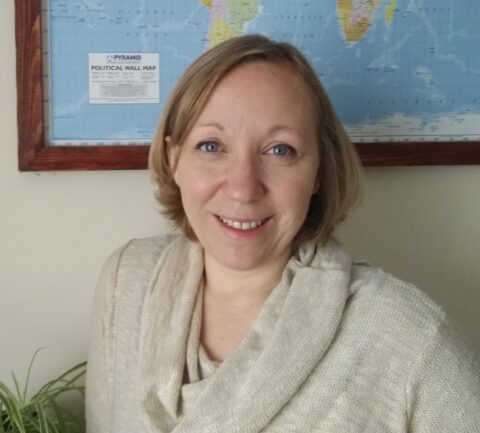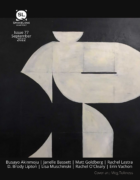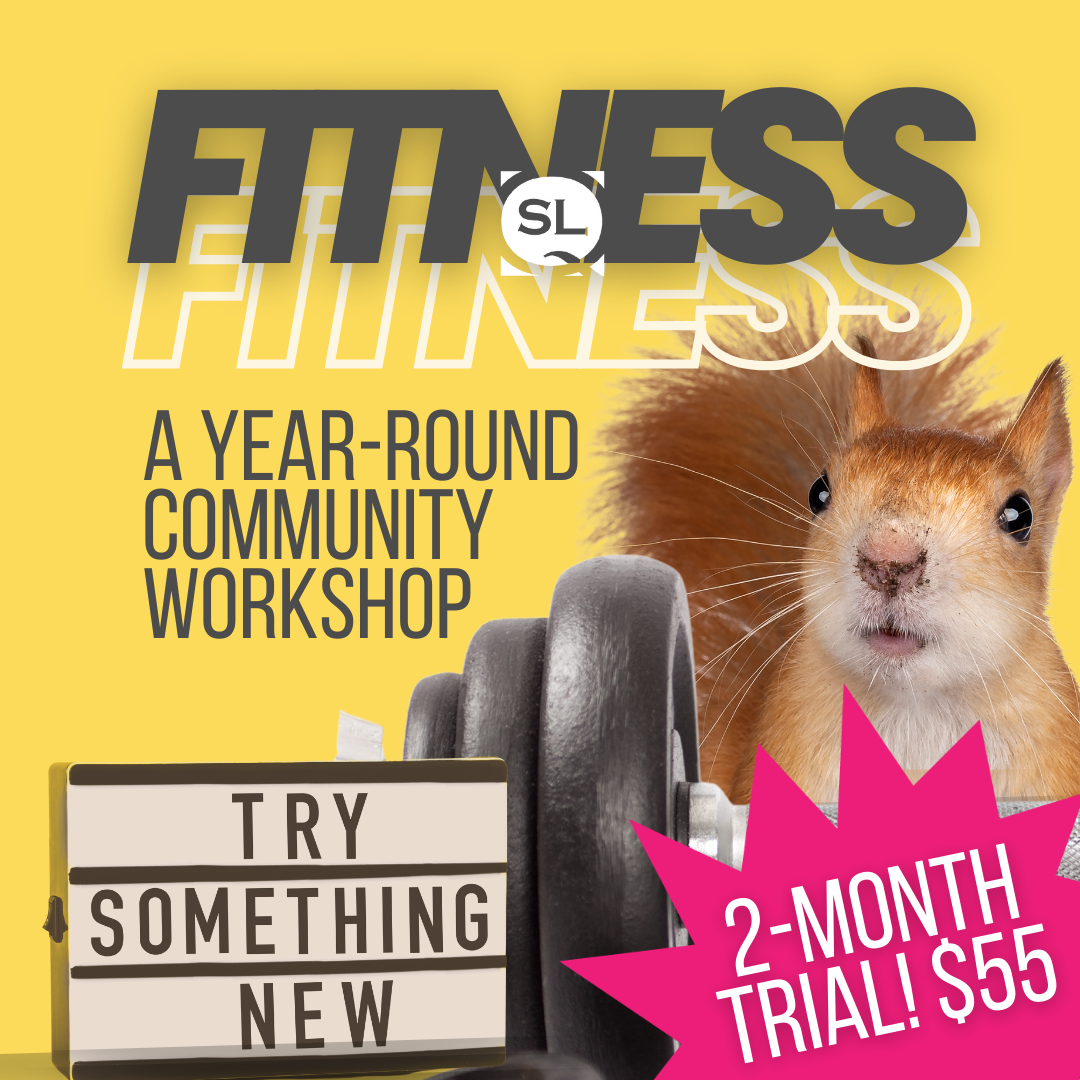This story is vivid and wonderfully inventive. Where did it come from, the seed of this story? A conversation? A desire? An image? A dream?
Believe it or not, my (at the time) 6-year-old angrily said most of the boy’s dialogue to me, practically verbatim! I have to credit my children for a lot of my more fantastical story ideas, because these strange conversations happen more than you would think. Even as he was saying these things, I knew there was a story there. The following morning, I sat down to write, thinking: What if a mother could actually do this? What would her story be? Would she want to go? And from there, doing a little research on emus went a long way toward giving me the rest of the story (especially learning that emu fathers raise the babies), and this was one of those charmed writing experiences where it all just came together, like magic.
I loved the mother’s response that we are all animals, followed immediately by her son’s rejection of that definition. In your mind, what is the distinction or connection between the human animal and the “wild animal” on which her son is insisting? Do any distinctions matter if we are all some kind of animal?
As I’ve grown older, I’ve come to believe that drawing a distinction between humans and other animals is a bit naïve (which is probably why I’ve allowed a child to say it here). My husband is a nature-lover, always reading and watching nature documentaries, and I’ve learned so much from him about the sophisticated social and survival systems that other animals use, some of which put humans to shame. And I don’t think we’ve even scratched the surface of what we could know about the emotional or cognitive awareness of other animals, either. To me, this piece felt like a natural extension of the idea that we are all just following our instincts and trying to survive, and if anything, the thought of becoming a “wild” animal didn’t really change anything; It just gave the mother scope to envision her options.
The boy in this story doesn’t give his mother much choice, but if you could transform into any animal or animal hybrid, what would you choose?
Hmmm. I haven’t thought much about this in recent years, but I will say that, like many other children of the nineties, I went through a (rather long) phase of desperately wishing I was Ariel from The Little Mermaid and perching on rocks to sing “Part of Your World.” So, I’ll just leave you with that, as I think it speaks for itself.
I was struck by the final paragraph: the poetry of the sentences, the clarity of the images, the poignancy of the scene, and especially by the juxtaposition between the “talons leaving jagged furrows” and the son being “warm and pink-cheeked and still so soft and small.” This story holds in the balance equal amounts of violence and tenderness. What do you make of this dichotomy? In parenting? In life? In the animal kingdom?
Wow, that’s a great question! In my experience, parenting actually is a startling mix of violence and tenderness, especially compared to the rosy picture that is painted by our culture. Throughout the process of giving birth to and raising my children, I realized just how little my own bodily integrity really amounted to. I’ve been an incubator, a source of food, a punching bag—it all feels primal and animalistic sometimes. Even now that my children are a bit older, if I go to a zoo or a farm with them, I feel an affinity to/sisterhood with, say, the sow who is just trying to get some sleep while her piglets crawl all over her and tug and pull at her body. I wish I had some amazing insight about that, but I think I was probably just inadvertently revealing how that dichotomy was a natural part of my own experience.
Even as the woman takes flight, so to speak, it is the boy’s imagination that prompts her transformation, that gives her the wings or the legs she needs to leave him. Why did you choose the son’s imagery as the catalyst for her desire to flee? What does it mean that she is at once tethered to him and freed by his words? Where does the mother’s power lie for you in this dynamic: between her potential power to actually leave, as a bird might, and the power she realizes–or abandons–by staying?
Let’s be honest, I think all mothers occasionally dream of freedom, because motherhood— parenthood—is a very self-sacrificing experience. And more often than I’d like to admit, it feels like our children are actually in charge of us, so there is something tempting in the thought that she might somehow be able to take advantage of her son’s “permission” to fly, the illogical but comforting idea that her young child could somehow release her from both her responsibility and her guilt.
That said, in my opinion, a mother’s power is in her choice. I can’t imagine how motherhood would feel if I’d been forced into it, but I was fortunate enough to have a choice. I chose to have each of my children. I choose to stay every day and see them through the ups and downs. My love for them gives me that strength, but so does knowing that I’m not trapped, even when it feels difficult or suffocating, because I wouldn’t leave if I could. And though the mother in this story is in a much more challenging situation than I am—doing it all on her own—I think by the end of the story, she has the same realization, that she wants to be there for her child, that she can handle his needs. This, I think, makes all the difference to how motherhood feels.



 Try SmokeLong Fitness for two months!
Try SmokeLong Fitness for two months!